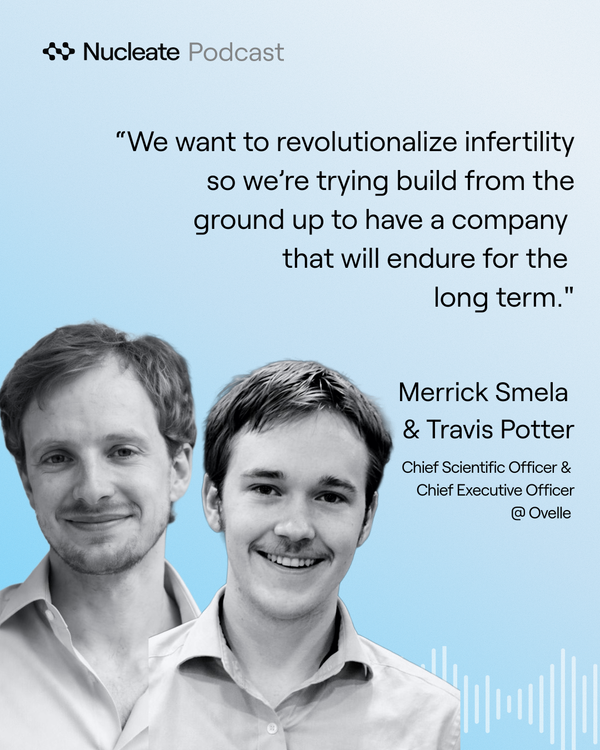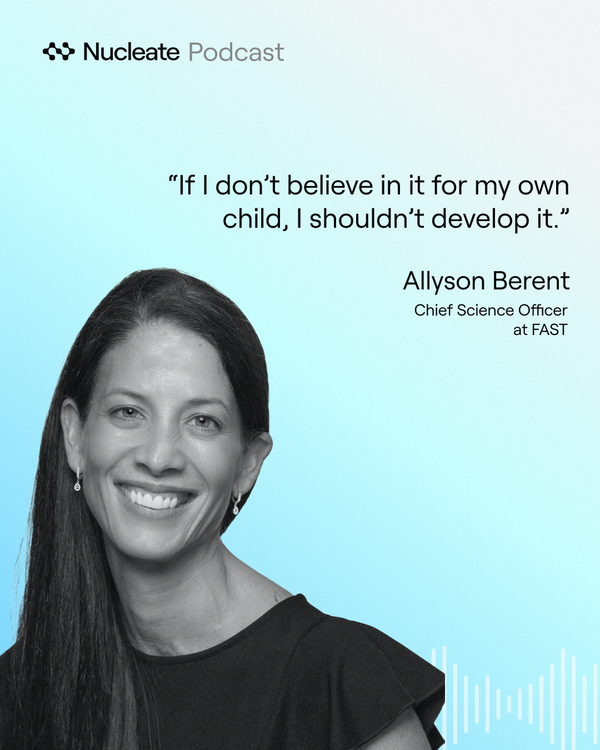| Hosts | Sam Kessel, Lauren Stanwicks |
| Editor | Sam Kessel |
| Listen | Apple Podcasts Spotify |
Summary
Dr. Marina Gerner overcame adversity as a refugee from Ukraine and uses her diverse background to approach women's health issues from a unique perspective compared to Western journalists.
The title of her book "The Vagina Business" is intentionally provocative to normalize discussion of women's intimate health, which is often taboo. This has created some challenges in promoting the book. Gerner was inspired to write the book after learning about innovations in women's health technology, like smart bras for heart health monitoring, that were not receiving adequate attention or funding.
The book explores how taboos and stigma around women's bodies have held back innovation and investment in the femtech space, with VCs often reluctant to discuss topics like women's health. Gerner argues there is a strong business case for more investment in women's health, as women-led companies often outperform their male counterparts.
To drive progress, Gerner says the research community needs to do more to include female subjects in studies, and education around women's health needs to improve. Engaging men as allies, not just women, will also be crucial to advancing the women's health movement and overcoming longstanding biases.
Show Notes
00:00 Dr. Gerner discusses her background as a refugee from Ukraine and how that has influenced her journalism and focus on women's health innovation.
02:40 Dr.Gerner explains how her dual backgrounds in journalism and academia prepared her to write "The Vagina Business" and the challenges she faced with the provocative title.
08:24 Dr. Gerner describes the specific events and stories that inspired her to write the book, including learning about gender differences in heart attack symptoms and the lack of innovation in women's health.
14:18 Discussion of the business case and broader societal benefits of investing more in women's health innovation.
16:53 Dr. Gerner talks about uncovering taboos around women's health issues and the need to challenge normalized biases and pain tolerance for women.
21:01 Examination of the gaps in sex-disaggregated research and sex education, and the role the femtech industry can play in addressing these issues.
25:38 Exploration of how a family-integrated approach to women's health, as seen in the Saathealth app example, could be applied more broadly, and the importance of engaging men as allies in the women's health movement.











